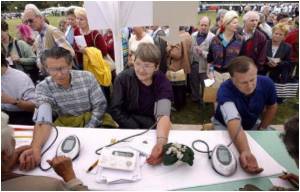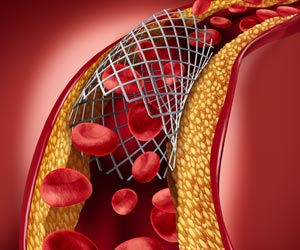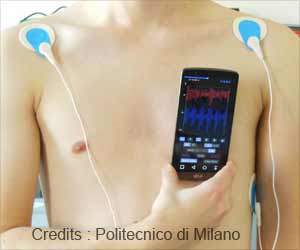Increasing blood pressure can now be controlled by a new device that can be implanted, report researchers.

This device, placed just below the collarbone through surgery, sends a four- to six-volt electrical jolt to the carotid arteries. Blood pressure is lowered through a process known as baroreflex activation therapy. The pulses generated by the device make the body perceive a heightened blood pressure and to deal with it the body sends out regulators that cause the blood pressure to fall.
The device was implanted in 265 patients with high blood pressure (readings over 160/80 mmHg) from centers in the United States and Europe. All of the patients were on three or more blood pressure medications, including a diuretic, but their hypertension remained uncontrolled.
The patients were randomly assigned to one of two groups, although both took the same number of medications. While one group received the baroreflex activation therapy device with activation for the full 12 months, the device was programmed to start operating at six months in the second group.
The study ended with an 88 percent responder rate, a 35 mmHg blood pressure drop and a decrease in left ventricular mass, the last a significant change as chronic hypertension enlarges the heart's left ventricle.
There have been cautionary conclusions drawn, however.
Advertisement
Dr. Barry J. Materson, a professor of medicine at the University of Miami Miller School of Medicine warns about the risks of surgery and he comments, "In a study published in 2010, there were a number of serious adverse effects related to the surgery and the implanted device and wires, but no adverse effects are discussed in the present abstract." He also questions the expense in using the device.
Advertisement
Source-Medindia














